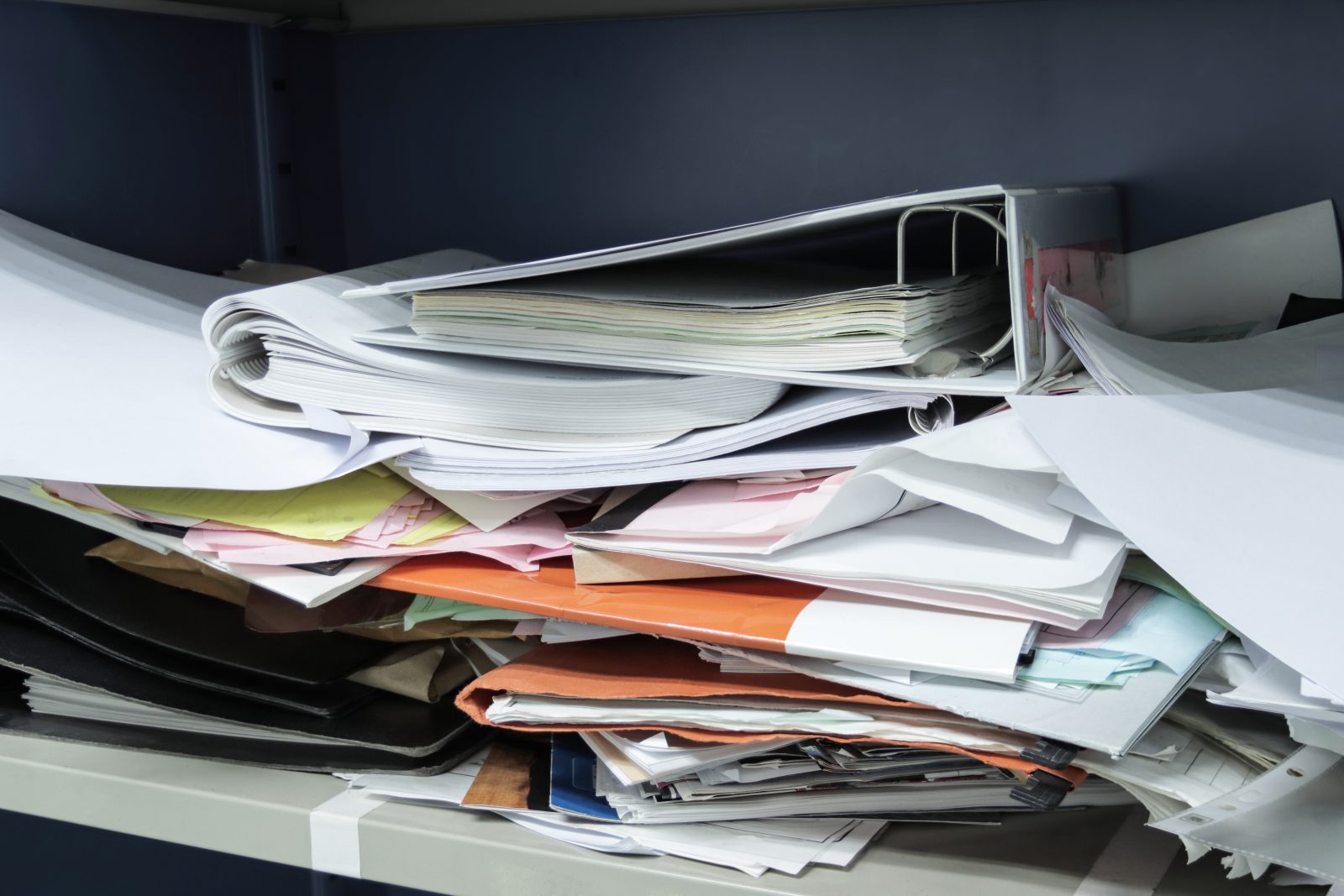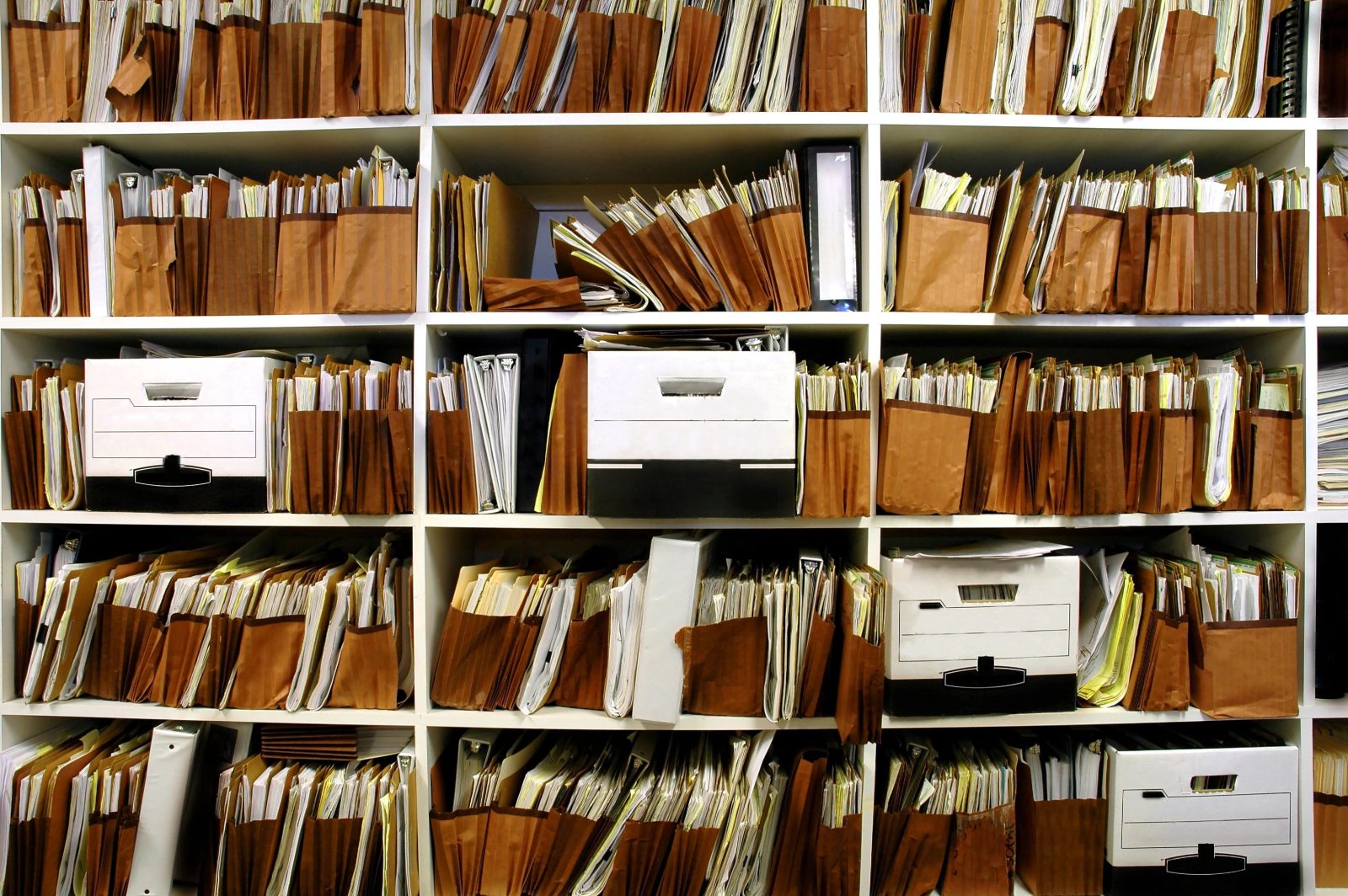In today’s world, more businesses and individuals are striving to implement eco-friendly practices. Document shredding may not be the first sustainable step that comes to mind, but it plays a surprisingly key role in environmental conservation. Here, we’ll dive into the environmental benefits of shredding documents and the impact it can have on creating a greener tomorrow.
Promoting Paper Recycling
One of the most immediate benefits of shredding documents is facilitating the recycling of paper. When shredded materials are sent for recycling, they help reduce waste that would otherwise end up in landfills. Every ton of paper kept out of landfills helps reduce pollution and preserves the health of our planet. Recycling shredded paper reduces the need for fresh pulp, helping to protect forests, reduce energy consumption, and lower greenhouse gas emissions associated with paper manufacturing.
Reducing Energy Use
The energy required to recycle shredded paper is significantly lower than what’s needed to produce paper from trees and logs. In fact, recycling paper saves up to 60% of the energy compared to using virgin resources. This conservation of energy not only preserves resources but also significantly minimizes the carbon footprint linked to paper production, creating a positive impact on the environment.
Forest Conservation
The demand for paper over the years has contributed to large-scale deforestation, with negative effects on biodiversity and carbon storage. When businesses and individuals shred and recycle documents, they’re contributing to a reduced demand for fresh paper, ultimately decreasing the need for tree harvesting. Every effort to cut back on virgin paper production helps to conserve forest ecosystems and preserve critical habitats for countless species.
Water Conservation
Creating paper from raw materials is a highly water-intensive process, requiring vast amounts of water. Recycling shredded paper is a key way to help conserve this valuable resource. When shredded paper goes back into the recycling stream, it reduces the demand for virgin paper production, alleviating pressure on water sources and supporting the health of aquatic ecosystems.
Improving Air Quality
The production of new paper often releases pollutants and chemicals that contribute to air pollution and environmental toxicity. Recycling shredded paper can curb these emissions, as the process of recycling generally emits fewer pollutants compared to producing paper from scratch. By choosing to shred and recycle, businesses and individuals help improve air quality, benefiting both the environment and public health.
Decreasing Carbon Emissions
Document shredding and recycling efforts also play a part in reducing carbon emissions. Less tree harvesting, decreased energy consumption, and less waste ending up in landfills all help to lower greenhouse gases. Businesses and individuals who shred and recycle documents are actively supporting carbon emission reduction goals, which is an impactful way to participate in the global effort to combat climate change.
Setting a Sustainability Example
Shredding documents as part of a green initiative does more than just benefit the environment; it sets a strong example of sustainable practices. Companies that prioritize shredding and recycling communicate a message of environmental commitment to employees, clients, and partners, encouraging them to adopt similar habits. This demonstration of sustainability in action can inspire others, fostering an awareness that has ripple effects within the community and beyond.
In Summary
Document shredding might seem like a simple task, but its environmental benefits are significant. By shredding and recycling, businesses and individuals contribute to paper recycling, reduce landfill waste, conserve essential resources, cut down energy use, and limit greenhouse gas emissions. Choosing to shred and recycle is an easy yet effective way to support sustainability and protect the planet for future generations. Beyond security, document shredding is a green choice that promotes a brighter, cleaner, and healthier future for everyone.







